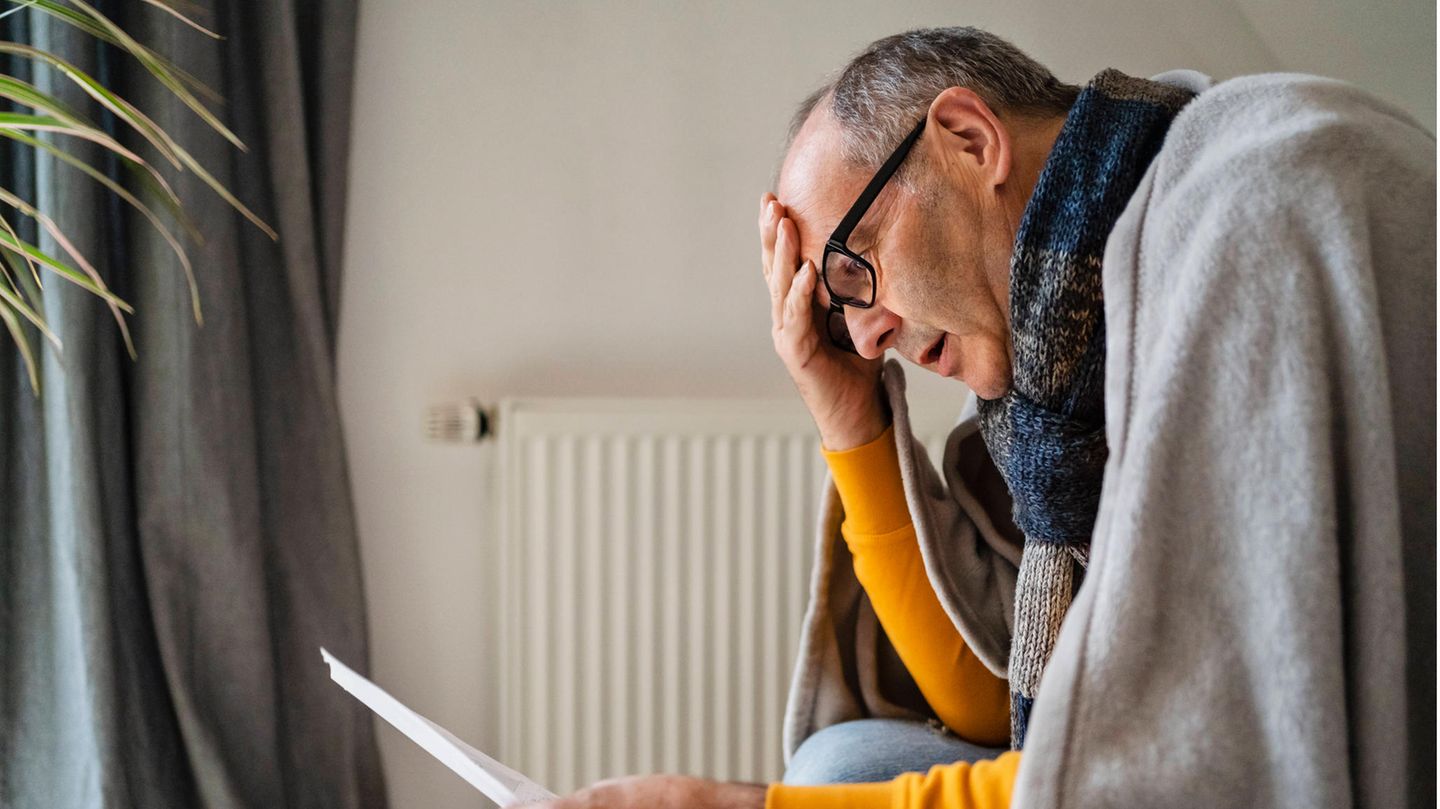I’m Caroline, a journalist and author for 24 Hours Worlds. I specialize in health-related news and stories, bringing real-world impact to readers across the globe. With my experience in journalism and writing in both print and online formats, I strive to provide reliable information that resonates with audiences from all walks of life.
Menu
Care costs: Do children have to pay for the care of their parents?
Categories
Most Read
New column “The Feeling of the Week”. This time: cell phone regret
October 17, 2025
No Comments
Time change 2025: Expert explains in video why we are turning the clock
October 17, 2025
No Comments
Patches for frown lines: These products have an anti-aging effect
October 17, 2025
No Comments
Recognizing “werewolf syndrome” in dogs – this is how you react correctly
October 17, 2025
No Comments
Salt spray for the hair: 5 products for the casual surfer look
October 16, 2025
No Comments
Latest Posts

Why the dollar is rising despite the intervention of the US Treasury
October 17, 2025
No Comments
October 17, 2025 – 1:57 p.m. Argentina faces an unprecedented scenario with US intervention in its foreign exchange market, but demand pressure threatens to derail

The millionaire car that Real Madrid gave to Franco Mastantuono
October 17, 2025
No Comments
October 17, 2025 – 1:40 p.m. The German automaker that supplies the Spanish club delivered an exclusive fleet of vehicles for the team led by

Dogs have the capacity to generate addictions: the finding that surprised veterinarians
October 17, 2025
No Comments
October 17, 2025 – 1:30 p.m. Canine animals could have typical symptoms of obsessive behaviors such as a person may present. A study carried out
24 Hours Worlds is a comprehensive source of instant world current affairs, offering up-to-the-minute coverage of breaking news and events from around the globe. With a team of experienced journalists and experts on hand 24/7.

